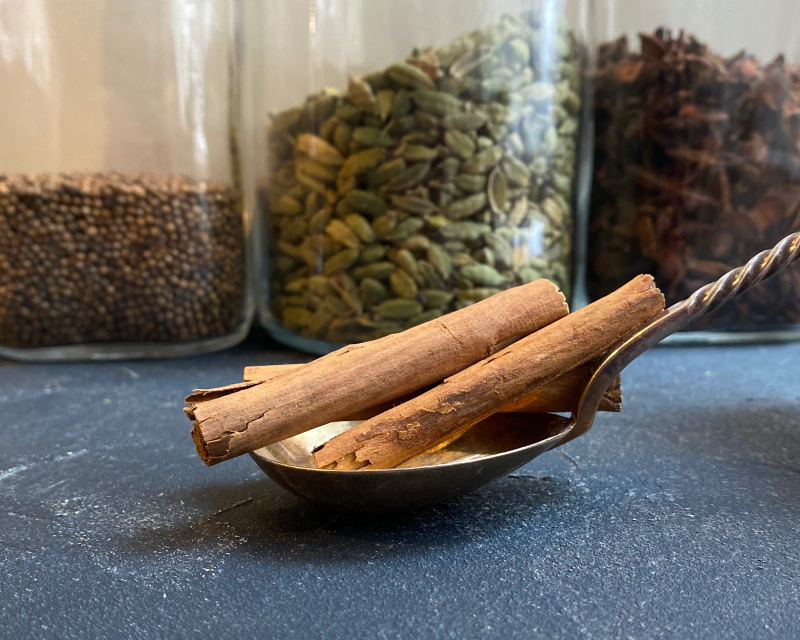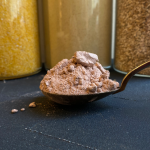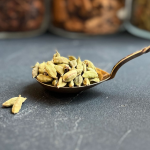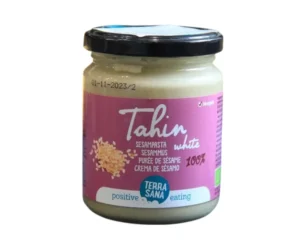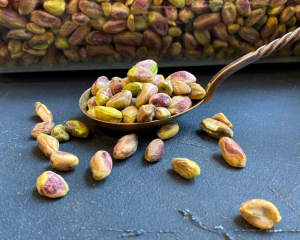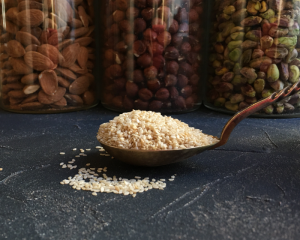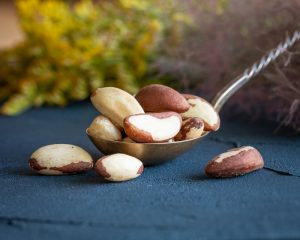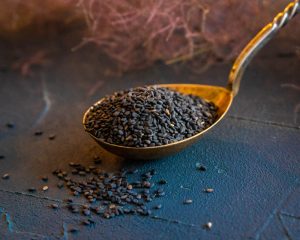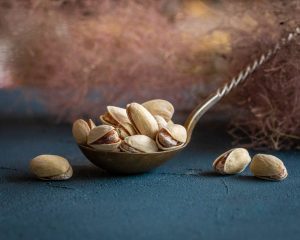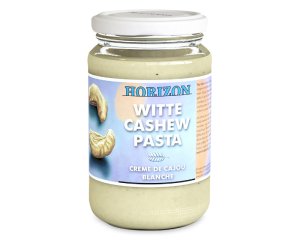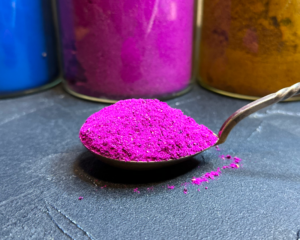Since ancient times, cinnamon has been valued not only in culinary traditions, but also in natural medicine practices around the world. There are two main types of cinnamon, each with its own unique properties and potential health effects: Ceylon cinnamon(Cinnamomum verum) and Cassia cinnamon(Cinnamomum cassia).
We will look at the benefits and side effects of both varieties, and discuss the health benefits of Ceylon cinnamon in more detail.
Ceylon cinnamon
Ceylon cinnamon, also known as “true cinnamon”, is native to Sri Lanka and parts of India. It is known for its mild, slightly sweet taste and aroma.
Ceylon cinnamon contains lower levels of coumarin (an aromatic substance that accumulates in cinnamon bark), which can be toxic to the liver if consumed in large quantities. For this reason, Ceylon cinnamon is preferred to Cassia cinnamon, which has a higher coumarin content.
In Ayurveda and Traditional Chinese Medicine (TCM), Ceylon cinnamon is highly valued for its healing properties. It is thought to support the digestive system, promote respiratory health and help balance blood sugar levels.
Cassia cinnamon
Cassia cinnamon, commonly sold in supermarkets, comes from China, Indonesia and other South-East Asian countries. It has a stronger, more pungent taste and smell than Ceylon cinnamon.
Cassia cinnamon has higher levels of coumarin, which can cause health problems if used in high doses over a long period. People with liver disease or blood thinners should use it with caution.
TCM Cassia cinnamon is often used to support circulation, heart health and improve digestion. However, due to its higher coumarin content, TCM practitioners recommend that it is used in moderation.
Main differences:
The main difference between Ceylon and Cassia cinnamon is the coumarin content. Ceylon cinnamon has a significantly lower coumarin content, making it a favourite for those with specific health problems or who want to use cinnamon more often.
Ceylon cinnamon has a milder and more refined flavour, while Cassia cinnamon has a bolder and spicier flavour, which can influence culinary choices.
Attention. Allergic reactions: although rare, some people may experience allergic reactions to cinnamon, regardless of the cinnamon variety. Pregnant and breastfeeding women or those taking medication should consult a healthcare professional before significantly increasing their cinnamon intake.
Use of Ceylon cinnamon
Baking: Ceylon cinnamon is a great addition to baked goods. Use it in cakes, biscuits, muffins and breads for a subtle and aromatic flavour.
Cereal: sprinkle a pinch of Ceylon cinnamon on your morning oatmeal or cereal to make your day cosy and delicious.
Smoothies: mix Ceylon cinnamon into your favourite cocktail recipes to add a warm and inviting flavour.
Hot drinks: add a pinch of Ceylon cinnamon to hot drinks such as coffee, tea, hot chocolate or chai masala.
Yoghurt: mix Ceylon cinnamon in plain yoghurt with a little honey or maple syrup.
Stews: Ceylon cinnamon adds a subtle flavour to savoury dishes such as curries, stews and sauces.
Rice dishes: sprinkle Ceylon cinnamon on rice dishes such as biryani or plov to enhance their flavour.
Enjoy the unusual aroma and unique flavour that Ceylon cinnamon will bring to your dishes!
In conclusion, Ceylon cinnamon is a great spice that not only adds flavour to dishes, but can also have health benefits. Incorporating Ceylon cinnamon into your culinary creations can be a great way to not only enjoy its unique flavour and aroma, but also to support your well-being. Enjoy the warm and aromatic atmosphere that Ceylon cinnamon brings to your kitchen.
Cinnamon tea recipe:
Ingredients
2 medium cinnamon sticks or 3 teaspoons cinnamon powder; use Ceylon cinnamon if possible,
6 cups water
1/2-1 tablespoon black tea leaves about 5 g
1 teaspoon maple syrup or sweetener of your choice (optional)
In a saucepan or kettle, add water and cinnamon sticks or cinnamon powder and bring to the boil over medium heat. When it comes to the boil, reduce the heat to minimum and simmer for 10 minutes.
Remove the pot from the heat and add the black tea leaves (you can dry them out later). Let the tea steep for 1-2 minutes, depending on how strong you want it to taste. If you leave the cinnamon sticks in the kettle, the flavour will become stronger. If you find it too intense, you can dilute it with a little hot water.
Iced tea with cinnamon
While the tea is still warm, add the sweetener of your choice and to taste. Place in the fridge to cool. You can serve the chilled cinnamon tea with freshly squeezed lemon juice.
Delicious!
NOTE. The information provided here should not be interpreted as advice for treatment or other health problems. We encourage you to make decisions about your personal health by considering different sources of information.
100% organic cinnamon
Energy value 247 kcal
Fat 1,24 g
- of which saturates 0,345 g
Carbohydrates 80,6 g
- of which sugars - 2,17 g
Fibre 53,1 g
Protein 3,99 g
Store in a dry place and away from direct sunlight.


